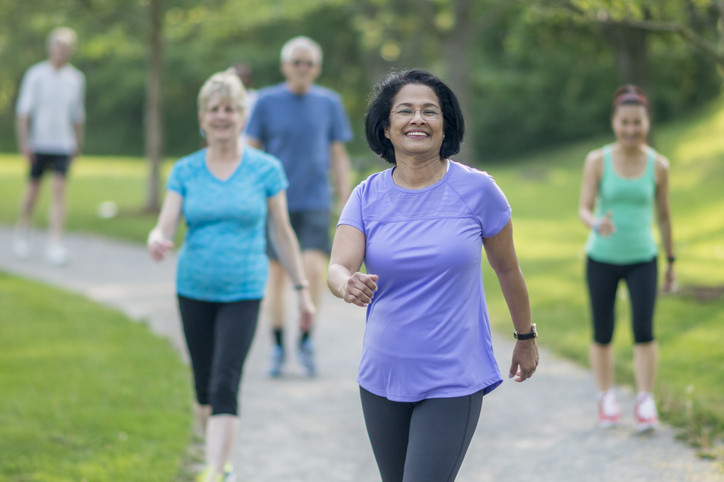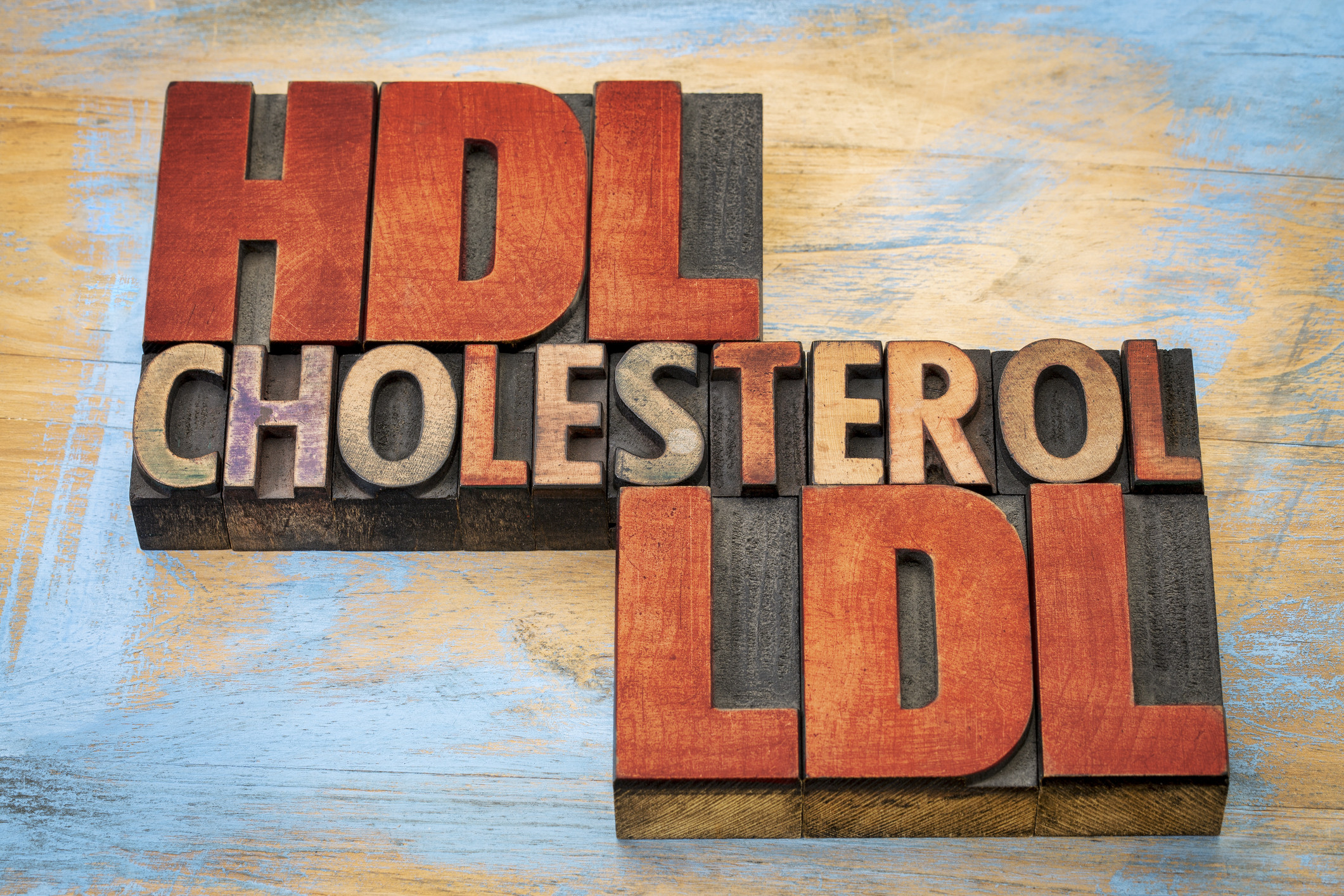
5 timeless habits for better health

What are the symptoms of prostate cancer?

Is your breakfast cereal healthy?

When pain signals an emergency: Symptoms you should never ignore

Does exercise give you energy?

Acupuncture for pain relief: How it works and what to expect

How to avoid jet lag: Tips for staying alert when you travel

Biofeedback therapy: How it works and how it can help relieve pain

Best vitamins and minerals for energy

Should you take probiotics with antibiotics?
Staying Healthy Archive
Articles
Eat more plant-based proteins to boost longevity
News briefs
If you'd like to try a vegan diet but can't imagine nixing all animal products, consider two recent findings. One, published online July 22, 2020, by The BMJ, comes from researchers at Harvard and Tehran University. They analyzed 32 studies about protein intake that included more than 715,000 people, with follow-up periods ranging from three-and-a-half years to over three decades. Combining data from multiple studies, the researchers calculated that getting 3% more of total calories in the form of plant protein (like beans, nuts, and whole grains) lowered people's risk for premature death by 5%. Another study, published online July 13, 2020, by JAMA Internal Medicine, looked at the survival rates of more than 416,000 people who'd reported their diet and lifestyle information 16 years earlier (when they were 50 to 71 years old). In this study, shifting just 3% of calorie intake from animal protein (meat, poultry, fish, or dairy products) to plant protein corresponded with a 10% decrease in death from any cause over that period, for both men and women. In particular, replacing eggs and red meat with plant proteins appeared to reduce death risk by as much as 24% in men and 21% in women — especially in people with high intake of eggs and red meat. The new findings don't prove that favoring plant-based proteins will add years to your life, but many other studies have associated high intakes of red and processed meats with shorter life span.
Image: © Arx0nt/Getty Images
Got a cold? Try some honey
In the journals
If winter brings you a sore throat and coughing, a spoonful of honey can be quite soothing. And it might even reduce symptoms from an upper respiratory tract infection, suggests a review of studies published online Aug. 18, 2020, by BMJ Evidence-Based Medicine. Upper respiratory infections (such as colds) are viral illnesses that affect the nose, throat, voice box, and large airways that lead to the lungs. Symptoms include a stuffy nose, congestion, sore throat, and cough. Researchers reviewed 14 studies of almost 1,800 people with upper respiratory infections being treated with either honey or usual methods (antihistamines, expectorants, cough suppressants, and painkillers). Honey appeared to improve symptoms (especially cough frequency and severity), and in some cases shorten the duration of symptoms by a day or two. The findings were only observational and don't prove honey is a cure. But honey has antimicrobial properties, and scientists say that in adults (but not in kids age one or younger), it's a harmless way to address symptoms.
Image: © Wojtek Skora/Getty Images
Broccoli and brussels sprouts may promote heart health
Broccoli, brussels sprouts, and other cruciferous vegetables are associated with fewer calcified fatty plaques in the aorta.
Moderate amounts of coffee are the best
Drinking no more than four or five 8-ounce cups of coffee per day—equal to about 400 milligrams of caffeine—helps people get the drink's health benefits with a lower risk of caffeine side effects like anxiety and nervousness.
Talking to your doctor about an abusive relationship
Intimate partner violence can occur between people of any gender or sexual orientation. Abuse can leave people feeling isolated, confused, or hopeless, and talking to a health professional is one way to get help in the form of medical treatment or access to appropriate services.
Trauma-informed care: What it is, and why it's important
Because medical exams are invasive, and because many people have experienced some form of trauma and may be uncomfortable with aspects of the exam, healthcare providers should approach care with consideration for what patients may have experienced.

5 timeless habits for better health

What are the symptoms of prostate cancer?

Is your breakfast cereal healthy?

When pain signals an emergency: Symptoms you should never ignore

Does exercise give you energy?

Acupuncture for pain relief: How it works and what to expect

How to avoid jet lag: Tips for staying alert when you travel

Biofeedback therapy: How it works and how it can help relieve pain

Best vitamins and minerals for energy

Should you take probiotics with antibiotics?
Free Healthbeat Signup
Get the latest in health news delivered to your inbox!
Sign Up











